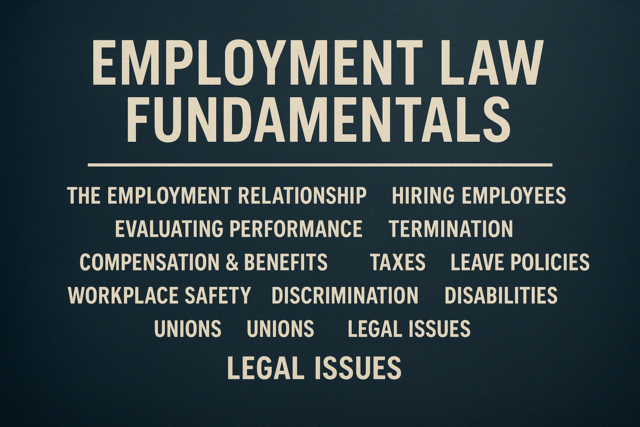While safety issues that come to mind most often may be falls, injuries, and illnesses, mental health issues can be quite serious. Anytime people work together for 40 or more hours per week, and even when on a part-time basis, personalities clash. People are not always going to like each other and when this happens there can be stressful situations that lead to people becoming angry. If these feelings manifest, they can grow into bigger issues. Handling workplace mental health matters is just as important as handing other types of safety issues.
Mental health issues can lead to workplace violence, low employee morale, and stress. Here is some information on each of the areas, and what to keep in mind.
| Workplace Violence |
While it may not be every day that we turn on the television and hear of an act of workplace violence, it does happen. And when it does, many of us are shocked and watch in horror as we see images of disgruntled employees or distraught lovers causing bloodshed in the workplace. In fact, according to the U.S. Department of Labor, workplace violence is a serious safety and health issue. They report that at its extreme, homicide is the fourth-leading cause of death on the job in the country. In 2005 alone, there were 564 workplace homicides that took place.
Workplace violence may not always take place on the job. It is violence or threats of violence that may take place on the job or outside of it, with the manifestation of it taking place at work. Approximately two million workers are victims of workplace violence each year. It can happen in any occupational setting; however, it is reported that those at higher risk include employees who exchange money with the public (e.g., cashiers, bank tellers, etc.), or who deliver goods or passengers, and work alone or late at night. Those working in health care, psychiatric settings, and probation officers are also at higher risk. Additional positions that are at a higher risk for workplace violence include taxi cab drivers, letter carriers, and TV and phone line installers.
OSHA provides a printable fact sheet on workplace violence that provides a variety of ways to help prevent it. You can access it here:
http://www.osha.gov/OshDoc/data_General_Facts/fact sheet-workplace-violence.pdf
Anger management is the ability to control anger before it controls the person. Many people lack the skills to appropriately deal with their anger. Not dealing with anger in a healthy way can lead to workplace violence and stress, which can lead to health issues. If you have employees that could benefit from gaining anger management skills, you can hold a training session to discuss healthy ways to deal with anger. There are also anger management classes and seminars that the employees could be sent to. Anger itself is a natural state. The important issue is having the skills to address it in an acceptable manner, such as speaking calmly to express how you feel, journaling, and taking a cooling-off period.
Employee morale is important to business success. If your employees feel good and motivated, then they will want to help the company succeed. This is good for overall workplace health and safety. Ways you can improve employee morale include:
- Praise the successes that happen in the workplace.
- Get the employees involved in decision-making as much as possible.
- Give lots of recognition, appreciation, and positive feedback.
- Holding team building games and exercises.
- Host a monthly potluck or lunch for the employees.
- Schedule activities for the employees outside of work, such as picnics, bowling, etc.
- Lead by having an upbeat and positive attitude.
- Create a relaxing atmosphere for your employees to work in.
- Try to be accommodating to employees if they need time off for events, holidays, etc.
| Stress Reduction |
Stress can lead to illnesses and workplace violence. It also can lead to a loss in productivity if people cannot concentrate on their work due the stress they are feeling. Managing stress means taking charge of it, which requires people to be proactive in addressing it. There are many ways to help reduce stress and you can suggest them to your employees, or possibly even offer them at the workplace. These include:
-
meditation or yoga
-
relaxing by reading a book, or doing whatever works to relax the person
-
talking about issues
-
taking a walk to clear the mind
-
writing in a journal, sharing your feelings
-
having a cup of tea or coffee and relaxing
-
getting a massage to relieve tension
-
listening to music that is relaxing and calming
-
exercising to clear the mind
-
eating healthy foods
-
getting enough sleep
-
avoiding alcohol and cigarettes
If there has been a death of an employee the business should consider offering grief counseling. This will help the employees to handle the situation, work through their feelings about it, and not let the issue cause further damage in the workplace. This is especially important if the person who has passed away was well-known, on the job for a long time, or suffered a fatal workplace accident.




























